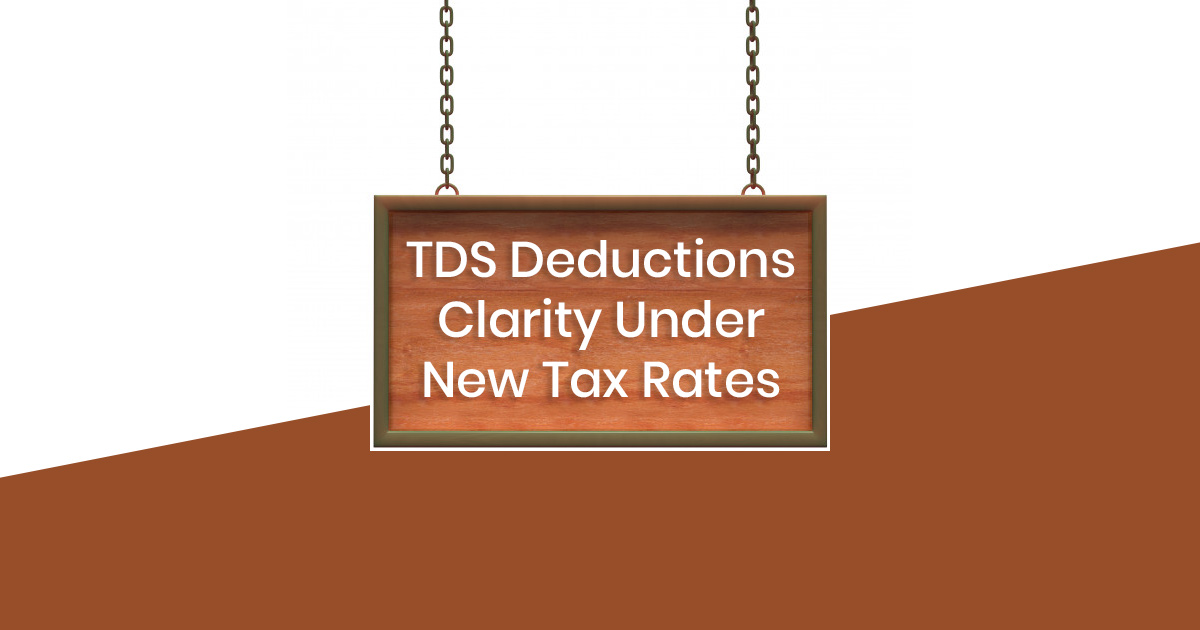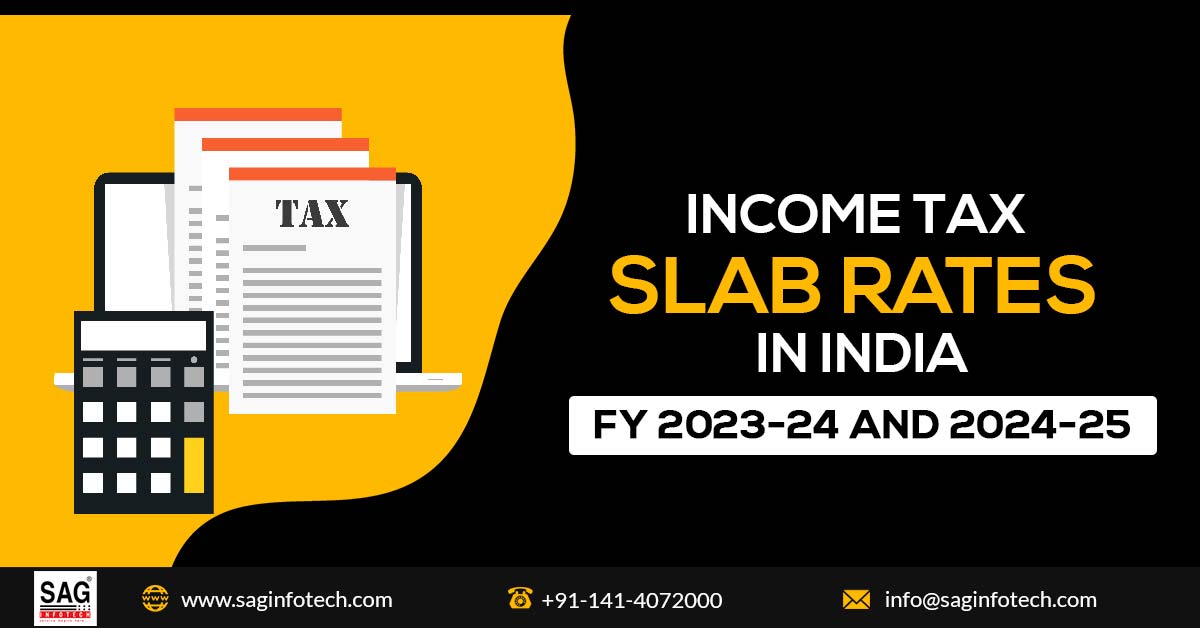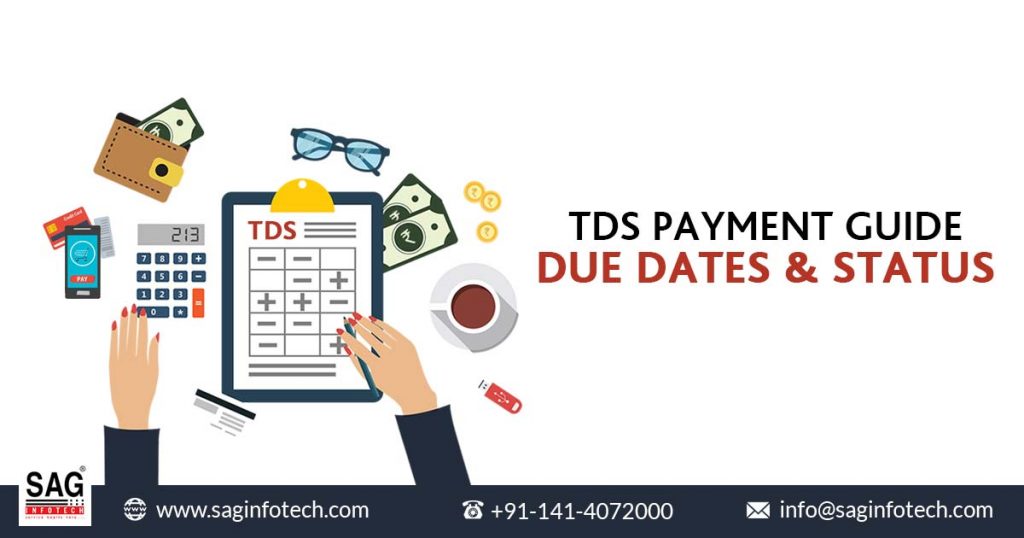
Budget 2020 recently introduced by Finance Minister Nirmala Sitharaman incorporates a law related to lowering the income tax rates. The law is imposed on a voluntary basis and can be exercised at the time of furnishing the Income Tax Return (ITR) 
Although the Bill doesn’t define the policies of calculations and deduction of Tax at Source by the employer from the employee’s salary account. But if the employee beforehand notifies the employer regarding his/her switch to new the tax laws then he/she is allowed for the same during that financial year.
Taxpayers with no income from the business during a Financial Year are provided the relief of selecting from the current or new income tax laws every year as per their comfort. Talking about TDS on employees’ salaries then how would an employer know which Income tax rates 
The employer thereon will deduct the TDS from the employees’ salaries as per the policies chosen by them (employees). If the employee switches to the alternative policy at the time of filing the ITR then he/she is eligible for claiming the refunds of additional TDS deducted but with the interest of late payment in case of Advance Tax (whether the TDS is excess or less). It might be a task for the employees to judge whether the policy (old or new) opted by them is suitable and will give them advantages or not as the amount of income earned by them varies during the year.
Naveen Wadhwa (Chartered accountant, DGM, Taxmann.com) conveyed the news that there is no specified time limit mentioned in the bill related to opting for the tax regime. The employees are free to switch to either of the two schemes anytime before filing the income tax returns 
In the current scenario Aarti Raote, Partner Deloitte India says, according to the Bill, employees can utilize their rights of opting for the simplified tax regime at the time of return filing. If the employee goes for a higher tax deduction throughout the year, then he/she is required to wait for the refund after filing the ITR. Further, the bill has no specified provisions as to whether the new tax regime can be exercised at the time of the deduction and what is the process?
The new policy also needs clarity as in whether the TDS deducted is less than the actual deduction amount, is the employer liable for paying interest on the deduction of a lesser amount. As per experts, the employers are liable to deduct TDS at the time of salary payments and there is no clarification in the Bill related to TDS deduction as per the new policy.
Read Also: TDS Online Payment Procedure, Due dates, and Forms: Ultimate Guide 
For instance, at the start of the financial year, the employee opts to remain with the traditional tax regime despite switching to the new policy and the same is conveyed to the employer. The employe deducted TDS throughout the year (as per the old scheme) but at the time of filing the ITR, the employee chooses the new regime. This switch to the new regime may lead to the employer pay 1% interest per month for non-deduction or short deduction of TDS from an employee’s salary. There are a lot many complexities pertaining to the implementation of the new income tax laws and therefore it needs clarifications on the same.
There is no such clarification on the consequences if an employee does not submit the investment declaration at the beginning of the financial year. As per the current ITR policies, the employee is required to present the investment declaration at the start of the financial year so that the employer can deduct the TDS (Tax Deducted at Source) accordingly.
If the employee fails to furnish any tax saving investment declaration then it is assumed by the employer that the employee has not done any tax-saving investments leading to higher TDS liability on his/her salary account. At the beginning of the financial year, if there is no investment declaration, then the employer is liable for deducting the TDS as per the current tax regime or the new tax regime. Amendments as per Form 12BB is expected to be applicable in this regard. Many are seeking clarifications from the government in the TDS deduction law so that there is no inconvenience while deducting the tax on the employee’s salary account.








